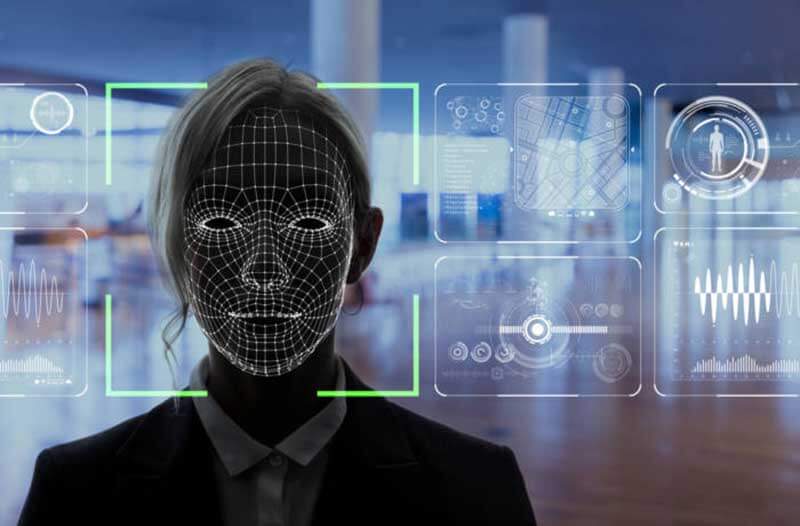Artificial intelligence is among many things to get a rapid development within the scope of information technology nowadays. The implementation of such technology gets broader and farther that includes the detection of emotion. It means that the AI will be able to detect the emotional expression of a real human. The million-dollar question to that is, does it work for real? How to deal with that? What humans need to do to face that advancement of technology in the form of AI?
The recent update in the field of AI delivers the good news that some companies have managed to build an AI system to deal with emotional expressions reading on humans. The AI will know if a person is angry or happy. It may come in handy at some points in life eventually. Yet, it sparks a kind of debate as to whether or not the tech to put in use. It is pivotal to understand the extent that this tech is okay to use publicly.
Affectiva is a company that comes with the claim of having succeeded in making an emotion-detecting AI. Other companies with the same statement to that particular kind of thing are out there. The true potential of this tech is nothing but staggering for humans. It offers a wide array of purposes. So far, it sits in a pretty similar situation as when a new kind of tech has just surfaced. Should it be widely incorporated into the human life of today?
Amidst the things that this new tech offers are the reading of micro-expressions of humans. Aside from Affectiva, many companies out there have been implementing the basic idea of expression detection AI technology. An example of that is HireVue that provides a kind of AI-driven tool in the form of video to help on a job interview. It mainly detects the so-called emotional engagement of the job applicants so that the company will get help to make decisions.
Another example is Oxygen Forensics that provides a kind of emotion-detecting software to police officers. It underlines the importance of the responsible application to this thing for the better outcome of it in human life. The fundamental purpose of the tech that it offers is an additional insight for police officers when conducting a large-scale investigation of a case. There is nothing to worry about it at all as long as it is in the right hand. Those who understand the way to use it will make the most out of it.
Rana el Kaliouby is the co-founder of Affectiva that so far deals with the development of AI tech. The ability of a system to detect human emotion is very crucial these days. A fine example is a way that an AI will notice when a person gets distracted while driving. That could save the possibly dangerous situation on the road. There are many more things that will show the marvelous effects of this AI tech out of the information technology scope of today.
So, how to face it as a human? Well, there is no need to be afraid of that kind of advancement in technology. Today’s global state of the Covid-19 is a clear example where an AI that could read the emotions of humans is at a high level of need. A lot of contacts and communication these days are done through calls. Emotion-detecting AI will help anyone to get a better idea of the other end of the communication without having to say it out loud.
This kind of technology has been around for quite some time, to be honest. Yet, it has never been as advanced as today. Today there have been many things with AI features embedded in them. Even smartphone camera now comes with the so-called AI technology to capture better images. It is only reasonable for an item within the tech scope to be broader in terms of its use. Once the tech is in further development, it will be available to use on a much larger scale of the environment as well.
AI technology is not a thing that human needs to be afraid of it. It will not be like those AIs in many movies that end up conquering the world by killing all humans. The AI tech of today remains under the control of humans as the one who found and developed it. Just embrace it and get the positive effects of the tech instead of worrying too much about the unpleasant sides of it. It will be nothing but beneficial for the world of today and the future.

